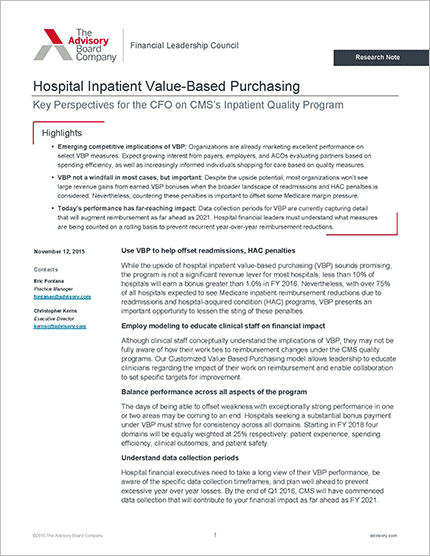Auto logout in seconds.
Continue LogoutA small number of clinics in the United States have started accepting bitcoin as payment—but few consumers are taking them up on the offer, Leah Samuel writes for STAT News.
Access our take on the latest clinical innovations in oncology
Samuel describes bitcoin as "specially encrypted computer code … shared through a network of users" without oversight by a government or a banking system. People who use the cryptocurrency store their bitcoin in an electronic wallet on their computer or smartphone, and they can send bitcoin to other users as payment for goods or services.
How many doctors accept bitcoin?
According to coinmap.org, a website that tracks businesses accepting bitcoin, around 10,000 brick-and-mortar businesses accept bitcoin. Of those, around 200 are businesses that appear to be in the medical industry.
One of those providers is My Doctor Medical Group, a seven-physician practice in San Francisco, which has accepted bitcoin for about five years. Paul Abramson, the founder of the practice, said, "We serve a lot of tech entrepreneurs who were early investors in bitcoin," adding, "They have a lot of it, and they want to use it. So we figured out how to do it."
However, Abramson said only "patients we know really well" use it—only about 2% of patients overall.
Central Urgent Medical Care in Los Angeles has advertised that it accepts bitcoin, but so far no one has used it. Dan Vo, the manager Central Urgent, said he "wanted to appeal to people who use it, because I was interested in bitcoin as a concept," but he's never had anyone pay with bitcoin. "People have to go through a learning curve just to use it," he said.
Are there any advantages to using bitcoin for medical services?
Despite the slow uptake, supporters of bitcoin say the cryptocurrency has a number of benefits, including that users don't need to carry cash, a checkbook, or a credit card—only their phone. That can be particularly helpful for patients who don't carrying around enough cash to treat an unexpected injury, according to Vo. "So, if you get stitches, plus some maintenance care, that's going to run you about $300-$400," he said. "Right now, that's about .03 to .04 in bitcoins."
Another benefit of bitcoin is that it's anonymous, Abramson said, which may appeal to patients who need sensitive medical procedures. In addition, providers have found that bitcoin can be less expensive to process than credit cards. "It costs us less than credit cards to process," Abramson said. "It's like 0.5 to 1% instead of 2 to 3%."
But there are downsides, Samuel writes. For instance, the process of transferring bitcoin from one digital wallet to another can take a long time unless you pay a larger fee, Abramson said.
Still, Abramson said he believes more providers will accept bitcoin over time. "My grandfather and great-grandfather were surgeons, and they took chickens as payment," he said. "This isn't really much different" (Samuel, STAT News, 2/1).
View from the C-suite: The new reality of cost control
Join our experts on Wednesday, Feb. 7 for a webconference, where we'll share some of the steps they are taking to help health system executives implement strategies and tactics to fundamentally reform their cost structures in three critical areas: optimizing care delivery, reducing corporate overhead, and improving workforce efficiency.
Don't miss out on the latest Advisory Board insights
Create your free account to access 1 resource, including the latest research and webinars.
Want access without creating an account?
You have 1 free members-only resource remaining this month.
1 free members-only resources remaining
1 free members-only resources remaining
You've reached your limit of free insights
Become a member to access all of Advisory Board's resources, events, and experts
Never miss out on the latest innovative health care content tailored to you.
Benefits include:
You've reached your limit of free insights
Become a member to access all of Advisory Board's resources, events, and experts
Never miss out on the latest innovative health care content tailored to you.
Benefits include:
This content is available through your Curated Research partnership with Advisory Board. Click on ‘view this resource’ to read the full piece
Email ask@advisory.com to learn more
Click on ‘Become a Member’ to learn about the benefits of a Full-Access partnership with Advisory Board
Never miss out on the latest innovative health care content tailored to you.
Benefits Include:
This is for members only. Learn more.
Click on ‘Become a Member’ to learn about the benefits of a Full-Access partnership with Advisory Board
Never miss out on the latest innovative health care content tailored to you.

